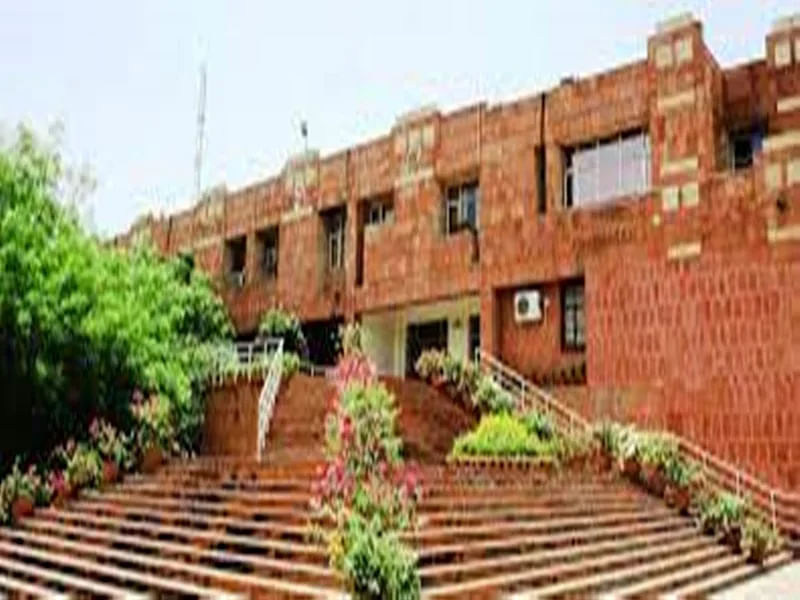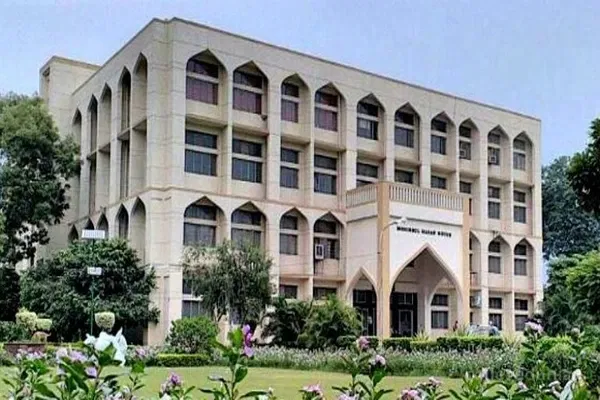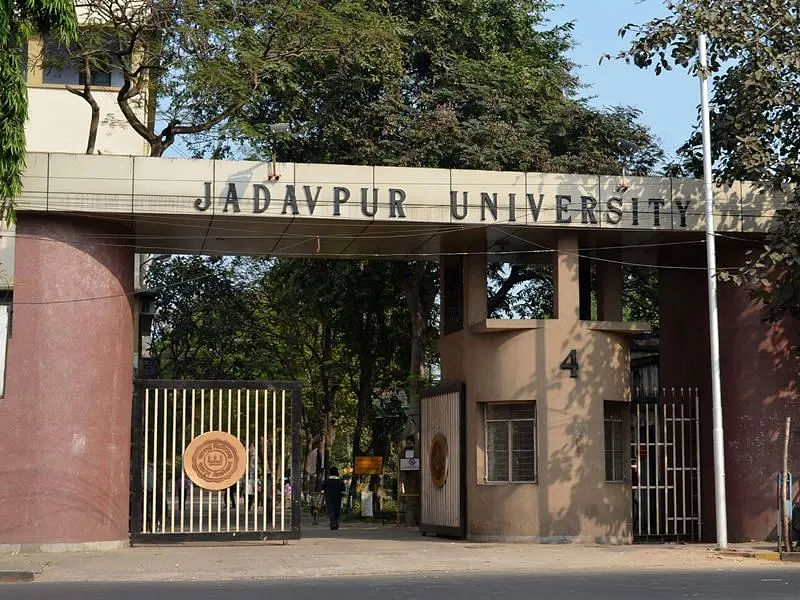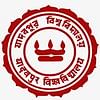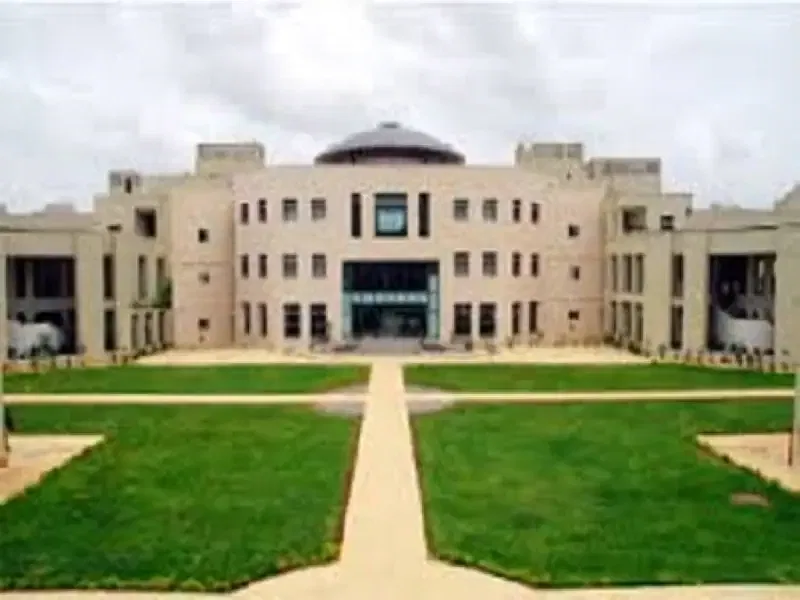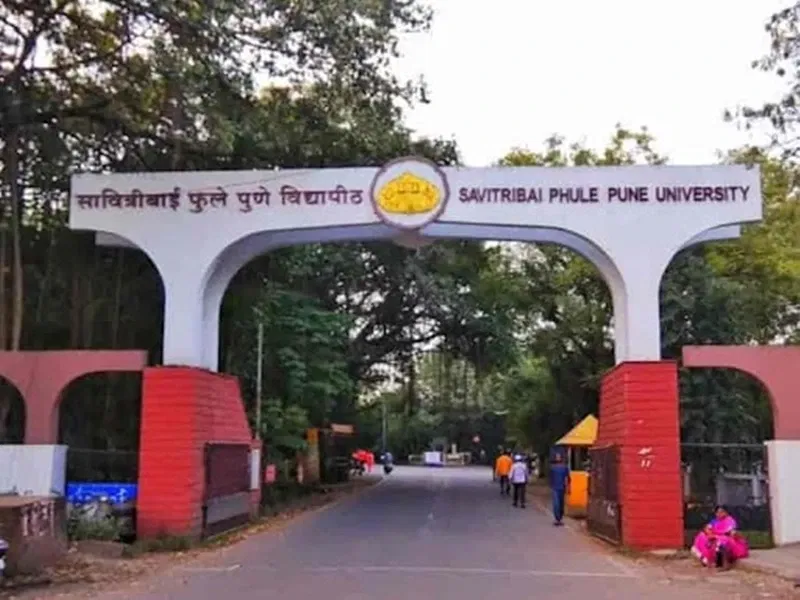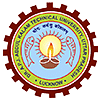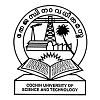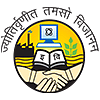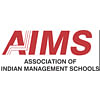MCA Syllabus and Subjects 2026

The MCA syllabus provides a deeper understanding of the core functionalities of computer applications and programming. The MCA subjects include a wide range of topics such as Networking, Systems Management, Application Software, AI, Business Programming, etc. The Master of Computer Applications (MCA) syllabus is divided into 6 semesters consisting of core and elective subjects. Colleges like IGNOU offer 2 year MCA course divided into 4 semesters.
MCA core subjects consist of Computer Programming with C, Mathematical Structures, Database Management Systems, Computer Organization and Architecture, Operating Systems, Data Structures and Algorithms, etc. Students can also choose various elective subjects like Data Science, Cloud Computing, Cybersecurity, Web-Based Processing, Internet of Things, etc.
MCA course syllabus also offers students to learn about the practical application of database systems like MySQL, Oracle, Microsoft SQL Server, etc., and BI tools like Tableau or Power BI. The technical knowledge helps them to work in various job roles including Database Administrator, IT Consultant, Business Intelligence Analyst, etc.
Table of Contents
Semester-Wise MCA Syllabus
The Master of Computer Applications syllabus and subjects are covered in six semesters and the course duration is 2 years. The MCA semester-wise syllabus focuses on learning Computer Programming, Software Development, Database Management, C++, etc. However, the subjects for MCA vary slightly from college to college. The following is the MCA syllabus semester wise:
MCA First-Year Syllabus
MCA first year syllabus mainly covers the fundamental aspects of computer application and programming along with mathematical concepts and basics of functions, arrays, pointers, etc. The table below contains the MCA subjects in 1st year:
| Semester I | Semester II |
| Fundamentals of Computer | Operating System Concepts |
| Computer Design and Architecture | Theory of Computations |
| Programming with C & Python | Programming in C++ |
| Object Oriented Programming | Data Structure & Algorithm |
| Discrete Mathematics and Combinatorics | Oral and Wireless Communication (Elective) |
| Business Communications | System Analysis and Design |
| - | Networking and TCP Suite |
MCA First-Year Practicals
Apart from theoretical concepts, the following are the practical subjects available under the MCA program for the first year:
- Computer Programming Using C
- OOPS using C++
- Data Structure using C
MCA 2nd Year Syllabus
Syllabus of MCA in second year focuses on advanced programming, software development methodologies, database management, graphic algorithms and techniques, etc. The table below contains the MCA course subjects for second-year:
| Semester III | Semester IV |
| Java Programming | Web Development and Technologies |
| DBMS | Prolog Programming |
| Software Engineering | Network Programming |
| Design Analysis | Electives I & II (Computer Science/IT) |
| Computer Network | - |
| System Administrations | - |
MCA Second-Year Practicals
Apart from theoretical concepts, the following are the practical subjects available under the MCA program for the second year:
- Graphics and Multimedia
- Java Programming
- DBMS
| Top MCA Colleges in India | Scope of MCA in India |
MCA 3rd Year Syllabus
MCA course syllabus in third year delves into advanced topics like machine learning algorithms, neural networks, cloud service models, data cleaning and preprocessing, among practical learning through dissertation projects and internships. The table below contains the MCA subjects semester-wise for the third year:
| Semester V | Semester VI |
| Data Mining and Data Warehousing |
Project Report
|
| Machine Learning | |
| Artificial Intelligence | |
| Internship |
Seminar
|
| Artificial Intelligence (Practical) | |
| Elective III (Computer Science/IT) | |
| Elective IV (Computer Science/IT) |
Practical
|
| Minor Project |
Also, Check: Why MCA? Top 10 Benefits of MCA
MCA Subjects
MCA course subjects provide students with modern knowledge of computer application concepts. Subjects in MCA are usually taught through classroom lectures with seminars, projects, and lab practices. Some of the core & elective topics from the MCA subjects list are given below:
Core Subjects
The syllabus of MCA course consists of core subjects that focus on understanding concepts related to programming languages, database management, software engineering, and computer networks. Below are the core MCA subjects in detail:
| MCA Core Subjects | Topics Covered |
| Fundamentals of Computer | Computer Organization, Number Systems, Logic Circuits, Basics of Operating Systems, Basics of Computer Networks, Introduction to Programming, etc. |
| Computer Design and Architecture | Processor Architecture, Memory Hierarchy, Instruction Set Architecture, Pipelining, Caching, Parallel Processing, GPU Architecture, etc. |
| Discrete Mathematics | Set Theory, Logic and Propositional Calculus, Combinatorics, Graph Theory, Relations and Functions, Boolean Algebra, Tree and Graph Traversals, etc. |
| Database Management System | Relational Database Concepts, SQL, Normalization, Indexing, Transaction Management, Database Security, NoSQL Databases, Distributed Databases, etc. |
| Software Engineering | Software Development Life Cycle (SDLC), Requirement Engineering, Software Design Patterns, Testing Strategies, Software Maintenance, Agile Methodologies, etc. |
| Data Structure & Algorithm | Arrays, Linked Lists, Trees, Graphs, Sorting Algorithms, Searching Algorithms, Dynamic Programming, Hashing, Big-O Notation, etc. |
| Java Programming | Java Basics, Object-Oriented Programming in Java, Exception Handling, Multithreading, Java Swing, JavaFX, JDBC, Java Collections Framework, etc. |
| Object Oriented Programming | Object-Oriented Concepts, Inheritance, Polymorphism, Encapsulation, Abstraction, Interfaces, Design Principles (SOLID), Design Patterns, etc. |
| Web Development & Technologies | HTML, CSS, JavaScript, Server-side Scripting (e.g., PHP, ASP.NET), Web Frameworks (e.g., Django, Flask), RESTful APIs, Front-end Frameworks (e.g., React, Angular), etc. |
| Operating System | Process Management, Memory Management, File Systems, Scheduling Algorithms, Deadlocks, Virtual Memory, Device Management, Operating System Security, etc. |
| Networking and TCP Suite | OSI Model, TCP/IP Protocol Suite, Subnetting, Routing, Switching, DNS, DHCP, HTTP/HTTPS, Network Security, Wireless Networks, IPv6, etc. |
| Computer Network | Network Topologies, Network Protocols, Network Devices, LANs and WANs, Network Security, Wireless Networking, Network Troubleshooting, VPN, etc. |
| Machine Learning | Supervised Learning, Unsupervised Learning, Feature Engineering, Neural Networks, Decision Trees, Clustering Algorithms, Regression Analysis, Natural Language Processing, etc. |
Elective Subjects
The Master of Computer Applications course syllabus provides a variety of electives in different domains of computer application & programming. Elective subjects from the syllabus of MCA can be chosen based on the field of interest. Below are the elective MCA subjects:
| MCA Elective Subjects | Topics Covered |
| loud Computing | Cloud Architecture, Cloud Security, IaaS, PaaS, SaaS, Cloud Deployment Models, Serverless Computing, Cloud Services Management, etc. |
| Internet of Things (IoT) | IoT Architecture, IoT Protocols, Sensor Networks, IoT Security, Edge Computing, IoT Applications, IoT Standards, etc. |
| Oral and Wireless Communication | Wireless Communication Basics, Mobile Communication Systems, Wireless Networks, Signal Processing for Communication, Satellite Communication, etc. |
| Parallel and Distributed Systems | Parallel Computing Models, Distributed Systems, Cluster Computing, Grid Computing, Multicore Architectures, Load Balancing, etc. |
| Mobile Computing | Mobile App Development, Mobile Operating Systems, Mobile Security, Cross-platform Development, Mobile Databases, Mobile UI/UX Design, etc. |
| Computer Graphics | 2D and 3D Graphics, Rendering Techniques, Computer Animation, GPU Programming, Virtual Reality (VR), Augmented Reality (AR), etc. |
| Big Data Analytics | Hadoop, Spark, Data Mining, Data Warehousing, Predictive Analytics, Machine Learning for Big Data, Real-time Big Data Processing, etc. |
| Web-Based Processing | Web Application Development, Web Services, RESTful APIs, Front-end Frameworks (e.g., React, Angular), Server-Side Scripting, etc. |
| Advanced Operating Systems | Real-time Operating Systems, Distributed Operating Systems, Fault Tolerance, File Systems, etc. |
| Quantum Computing | Quantum Mechanics, Quantum Algorithms, Quantum Information Processing, Quantum Cryptography, Quantum Programming, etc. |
Specialization-Wise MCA Syllabus
MCA course offers various specializations to students in various domains like cloud computing, data analytics, mobile computing, etc., with a focus on understanding the basics of computer science and advanced knowledge in the respective area selected by the student.
Below are the various specializations offered in MCA along with the subjects covered:
| MCA Specialization List | Subjects Covered |
| Cloud Computing |
|
| Cyber Security |
|
| Data Analytics |
|
| Mobile Computing |
|
| Internet of Things |
|
| Management Information System |
|
IGNOU MCA Syllabus
The 2-year Master of Computer Applications course syllabus at IGNOU mostly covers the theoretical & practical aspects of computer science and programming. The MCA course syllabus for IGNOU is given below:
| MCA 1st Sem Subjects | MCA 2nd Sem Subjects |
| Design and Analysis of Algorithms | Data Communication and Computer Networks |
| Discrete Mathematics | Object-Oriented Analysis and Design |
| Software Engineering | Web Technologies |
| Professional Skills and Ethics | Data Warehousing and Data Mining |
| Security and Cyber Laws | OOAD and Web Technologies Lab |
| DAA and Web Design Lab | Computer Network and Data Mining Lab |
| Software Engineering Lab | - |
| MCA 3rd Sem Subjects | MCA 4th Sem Subjects |
| AI and Machine Learning |
Digital Image Processing and Computer Vision
|
| Accountancy and Financial Management |
Mobile Computing
|
| Data Science and Big Data |
Project
|
| Cloud Computing and IoT | |
| AI and Machine Learning Lab | |
| Cloud and Data Science Lab |
Read More: IGNOU MCA Syllabus
NIT MCA Syllabus
An introduction to computer organization is given in the National Institute of Technology MCA course. Graduates can obtain a comprehensive understanding of several core functionalities in computer applications and architecture. The Master of Computer Applications course syllabus for National Institute of Technology is given below:
|
Semester I |
Semester II |
| Problem Solving and Programming |
Data Structures and Applications
|
| Mathematical Foundations of Computer Applications |
Database Management Systems
|
| Computer Organization and Architecture |
Operating Systems
|
| Accounting and Financial Management |
Object-Oriented Programming
|
| Probability and Statistical Methods |
Resource Management Techniques
|
| Programming in C Laboratory |
DBMS Laboratory
|
| Business Communication |
Data Structures Laboratory
|
|
Semester III |
Semester IV |
| Data Mining Techniques |
Organizational Behaviour
|
| Graphics and Multimedia |
Information Security
|
| Software Engineering |
Distributed Technology
|
| Computer Networks |
Object - Oriented Analysis and Design
|
| Design and Analysis of Algorithms |
Elective I (from List A)
|
| OS and Networks Laboratory |
Distributed Technology Laboratory
|
| Graphics and Multimedia Laboratory |
Information Security Laboratory
|
|
Semester V |
Semester VI |
| Web Technology |
Project Work
|
| Cloud Computing | |
| Elective II (From Lists B and C) | |
| Elective III (From Lists B and C) | |
| Elective IV (From Lists B and C) | |
| Web Technology Laboratory | |
| Mini Project Work |
Also, Check:
| VTU MCA Syllabus | Anna University MCA Syllabus |
MCA Course Structure
The 3-year MCA course syllabus is pragmatic and includes several theoretical and practical learning approaches that help students to get effective training. Listed below is the MCA course structure:
- VI semesters
- Core subjects
- Elective subjects
- Practical work/ Lab training
- Individual Project
- Group Project
- Seminars
- Workshops
MCA Teaching Methodology and Techniques
MCA syllabus is quite dynamic with industry-oriented coursework and includes projects, seminars, and certifications for effective learning. Listed below are some of the teaching methodologies and techniques in the MCA course syllabus:
- Audio learning
- Visual training
- One-to-one mentoring
- Counseling sessions
- Online added computer materials
- Industry-related projects
- Practical/Lab work
MCA Project Topics
Students are required to produce projects during the 3-year tenure of the MCA course syllabus. Students must present an application-based project after the fifth and sixth semesters. These MCA projects perform like a starting step for the aspirants of the IT industry. Listed below are some of the MCA project topics:
- SMS-based alert app and enhancement of women's security
- Agricultural app to aid farmer’s needs and demands
- Overcoming the penalty collection and management for the traffic department
- A digital book tracing for the Police Department
- Loan application and verification management system
- Ayurvedic recommendation app for the general public
- Seminar hall booking app for college exams
MCA Books
MCA reference books help students by providing a solid foundation in programming, different types of data structures, software development methodologies, database concepts, design principles, etc. Students can download the MCA syllabus PDF from their respective college or university website to get a more detailed overview.
Listed below are some of the popular reference books for the syllabus of MCA:
|
MCA Books |
Topics Covered |
Authors |
|
C Programming |
Programming Basics, Control Structures, Functions, Arrays, Pointers, etc. |
Balaguruswamy |
|
Fundamentals of Data Structures |
Data Structures Introduction, Algorithms, Linked Lists, Trees, Graphs, etc. |
Horowitz and Sahani |
|
Object-Oriented Programming in C++ |
C++ Basics, Object-Oriented Concepts, Inheritance, Polymorphism, Templates, etc. |
Nabajyoti Barkakati |
|
Fundamentals of Computers |
Computer Fundamentals, History of Computers, Computer Architecture, Memory Systems, Input/Output Devices, etc. |
V Rajaraman |
|
Computers and C Programming |
Computer Basics, C Programming Concepts, File Handling, Software Development, Networking, etc. |
Bajpai, Kushwaha, Yadav |
|
Computer Database Organization |
Database Concepts, Database Design, Data Models, Query Languages, Database Management Systems, etc. |
James Martin |
Top MCA [Master of Computer Application] Colleges
Top Computer Entrance Exams
MCA Fee Structure
FAQs on MCA Syllabus and Subjects
Q: What are the important MCA subjects in 1st Semester?
Q: Is MCA distance syllabus different than regular MCA syllabus?
Q: Is MCA better or MBA?
Q: Can I do MCA without Mathematics or Computer Science background?
Q: Which specialization is best in MCA?
Q: What are the elective subjects in MCA 2 years course syllabus?
Q: What components are included in the MCA course assessment criteria?
